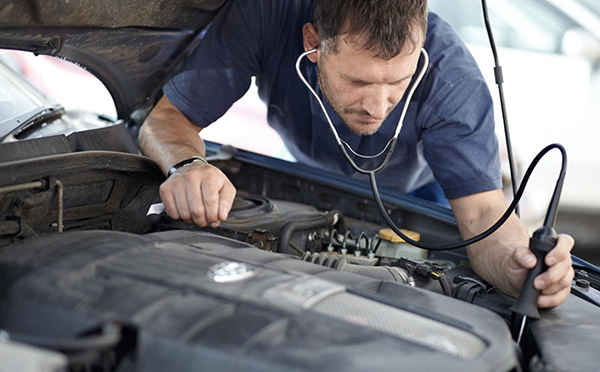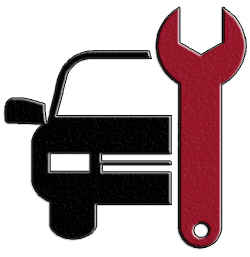Why is my car making a rattling noise when i turn it on?
Identifying the Origins of Rattling Noises During Car Startup.

Potential Causes of Rattling Noises Upon Car Startup:
Loose Heat Shields
Heat shields, essential for protecting the car’s underbelly from heat damage, can become loosened over time due to corrosion or fastener failure. Consequently, they generate rattling noises, particularly noticeable during ignition.
Exhaust System Complications
Any malfunctions within the exhaust system, example: loose or damaged pipes, mufflers, or catalytic converters, can manifest as rattling sounds during startup. This occurrence is often a result of components vibrating against each other or the vehicle’s frame.
Degraded Engine Mounts
Engine mounts, designed to support the engine and minimize vibrations, can wear out or sustain damage. When this happens, the engine may shift excessively during startup, resulting in rattling noises as it settles.
Faulty Belts or Pulleys
Ailing belts or misaligned pulleys within the engine’s accessory drive system can contribute to rattling noises upon startup. This symptom may signify issues like belt wear, tensioner malfunction, or pulley misalignment.
Inadequate Oil Level or Pressure
Insufficient lubrication due to low oil levels or pressure can escalate friction and metal-on-metal contact within the engine, leading to rattling sounds during ignition. This occurrence may indicate oil leaks, worn components, or inadequate maintenance.
Compromised Starter Motor
A malfunctioning starter motor or solenoid can emit rattling or grinding noises during engine startup. This symptom may signal problems with starter gear engagement or internal components.
Timing Chain Tensioner Malfunctions
If equipped with a timing chain instead of a belt, issues with the timing chain tensioner can generate rattling noises during ignition. This problem may arise from wear, damage, or improper installation of the tensioner.
Course of Action

- Inspecting the Car’s Underside
Examine the undercarriage for any loose or damaged heat shields, exhaust components, or engine mounts. Tighten or replace these parts as necessary.
- Scanning the Engine Compartment
Assess the condition of belts, pulleys, and other engine accessories for signs of wear or misalignment. Replace worn-out components and adjust belt tension if required.
- Monitoring Oil Levels and Pressure
Regularly check oil levels and pressure as per the manufacturer’s guidelines. Address any leaks or mechanical issues promptly to maintain optimal lubrication.
- Testing the Starter System
Have the starter motor and related components examined by a qualified mechanic to determine if repairs or replacements are warranted.
- Seeking Professional Assistance
If uncertain about the source of the rattling noise or how to remedy it, consult a certified mechanic or automotive technician for a comprehensive inspection and diagnosis.
Facts

Heat Shield Anomalies: While primarily tasked with shielding components from exhaust heat, heat shields can also generate bothersome rattling noises if they become loose or damaged.
Timing Chain vs. Timing Belt Dynamics: Although timing belts are prevalent in modern vehicles, some engines employ timing chains. While typically more durable than belts, timing chains can still experience issues like tensioner failure, resulting in rattling noises.
Starter Motor Mechanics: Responsible for initiating the engine’s combustion process, the starter motor may produce unusual noises during startup if plagued by problems like worn-out gears or a weak solenoid.












